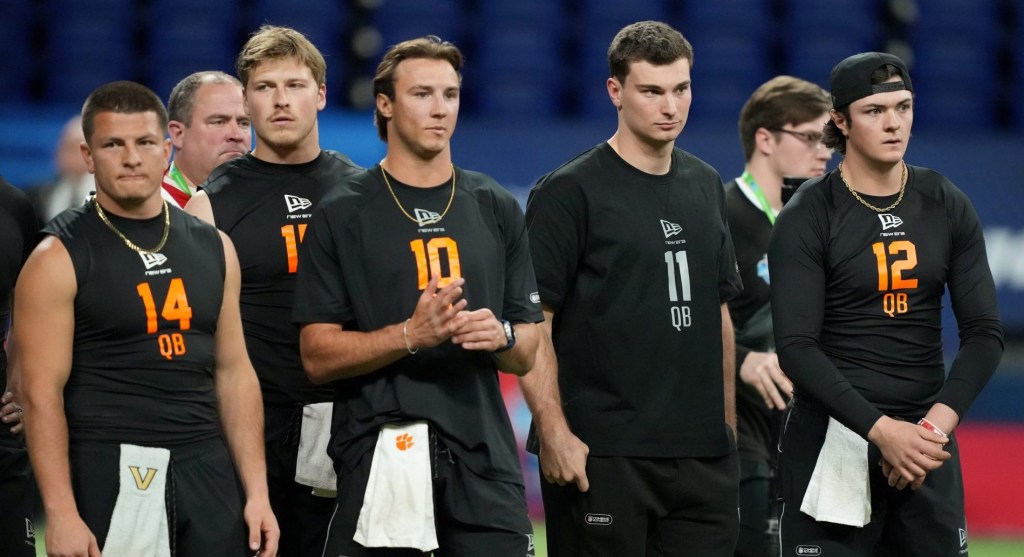The National Women’s Soccer League (NWSL) is closing out a historic season as it heads into a championship match at Kansas City’s CPKC Stadium, the first venue built specifically for a women’s sports franchise.
Saturday’s final between Michele Kang’s Washington Spirit and Mark Wilf’s Orlando Pride caps a year of skyrocketing franchise valuations, record-breaking attendance, and growing sponsorships. By increasingly capturing the attention of high-profile investors in recent years, the NWSL has positioned itself as one of the fastest-growing leagues in North America, both in terms of expansion and revenue opportunity.
Women’s sports have historically relied on subsidies and external support to sustain operations, often overshadowed by the financial dominance of their male counterparts. However, the 2024 season is proof that the dynamic is shifting, with NWSL at the forefront. What was once an investor’s “charity case” is now a thriving business opportunity.
“Women’s sports aren’t charity or a discount—they’re not $10 tickets. These are the best players in the world delivering incredible football, as seen in the semifinals and quarterfinals,” Angel City FC cofounder and president Julie Uhrman tells Front Office Sports. “If they’re still doubters, they just don’t get it.”
The money speaks for itself. “This epic year that the NWSL has had, it’s just the beginning,” Spirit CEO Kim Stone tells FOS. “This is a flywheel with a growing momentum that shows no signs of slowing down. Valuations are rising, metrics are improving. When I look at my crystal ball and ask what will come, the future is already beginning to take shape.”
In 2020, the NWSL awarded the Angel City franchise to a majority female ownership group for $2 million. Cofounded by venture capitalist Kara Nortman, Uhrman, and actress Natalie Portman, the team also boasted a star-studded group of investors including tennis legend Billie Jean King and Reddit cofounder Alexis Ohanian, who served as the team’s majority stakeholder.
“When we pursued a franchise in L.A., we initially thought the $2 million fee was too much, considering where the league was at the time,” Uhrman says. The league did not have a broadcast revenue, and as a single entity league, the teams were supporting the league expenses. “In order to grow and eventually break even—something that’s not even a short-term goal for men’s teams—you need to invest. We believed teams needed significantly more investment.”
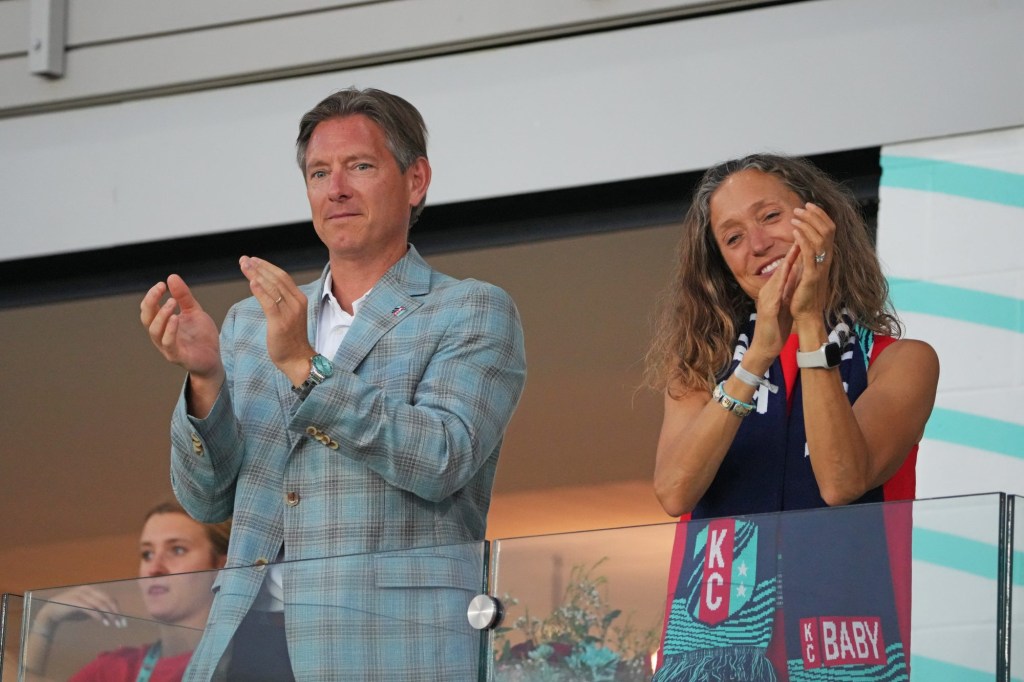
Two years later, Kang reset the bar when she paid $35 million for the Spirit, a new record price for an NWSL franchise. But 2023 became the pivot point for the league’s growth and status. As a wave of capital flowed in, the NWSL solidified its transformation from an underfunded league into a thriving investment opportunity.
In January, Kansas City Chiefs star quarterback Patrick Mahomes became the first active NFL player with equity in an NWSL franchise when he and his wife, Brittany, partnered with Angie and Chris Long to invest in the Kansas City Current. Former Meta COO Sheryl Sandberg backed a $125 million into the Bay FC franchise in April, which was cofounded by several USWNT legends and the global investment firm Sixth Street. Then in November, Carolyn Tisch Blodgett joined the ownership group of NJ/NY Gotham FC, which includes Kevin Durant’s Thirty Five Ventures, retired WNBA star Sue Bird, and New Jersey Gov. Phil Murphy and his wife, Tammy.
“The NWSL had all the makings of a strong investment,” Tisch Blodgett tells FOS. “Any great investment starts with a great product, and that’s exactly what we saw—a league with extraordinary talent, a passionate fan base, and a significant runway for growth.”
The league reached new heights in 2024, its 12th season.
In February, the league formalized ownership rules for private equity funds, capping minority stakes in no more than three NWSL teams and limiting a single fund’s investment in a team to 5% to 20% of its equity. Additionally, no more than 30% of a team’s equity can be held by private equity investors, aligning with limits in other major U.S. sports leagues, except MLB, which caps a single fund’s stake at 15% if it owns other MLB investments. Sovereign wealth funds were excluded from investing in the league.
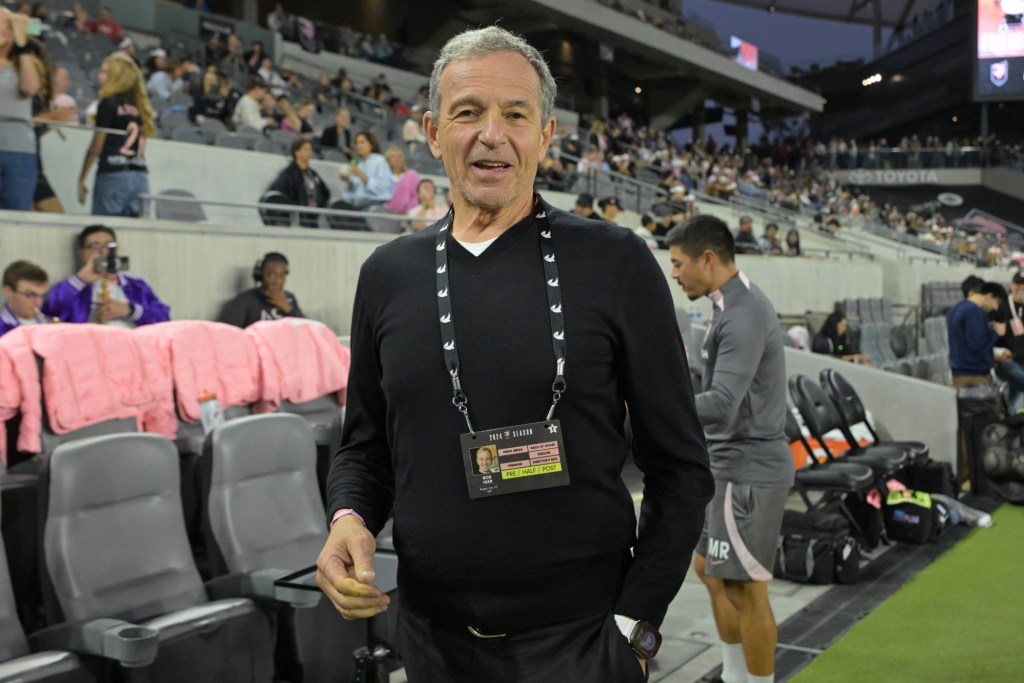
But the most groundbreaking moment came in July, when Angel City FC was sold to Disney CEO Bob Iger and his wife, Willow Bay, for $250 million. The transaction set a record for the most valuable women’s sports franchise in the world—and it became an example of investment paying off in women’s soccer with ticket sales and league-high revenue of $31 million to prove it.
“Two years ago, Angel City was one of the few teams that had the kind of income statement that got the world to pay attention,” Nortman tells FOS. Nortman’s $150 million sports fund, Monarch Collective, has invested in three teams: Angel City FC, San Diego Wave, and the league’s newest member, Bos Nation FC, which features an all-women ownership group that includes actress Elizabeth Banks and gymnast Aly Raisman, set to start playing in 2026.
“But now you have San Diego, Kansas City, Washington Spirit, and Bay FC. Soon enough, you’ll have Boston, which will have the second stadium purpose-built for women to play pro soccer globally in the world. I predict that’ll probably be one of the highest, if not the highest, revenue teams out there, because of the stadium asset and the market, in a handful of years from now.”
The average NWSL team is worth $104 million, up 57% from a year ago, according to Sportico’s 2024 NWSL valuations. “It’s about the influx of really smart, accomplished individuals entering the space—people with proven success in owning sports assets or other businesses,” Emma Schilling, a strategy consultant for insights firm Sportsology Group, who has worked with different NWSL ownership groups, tells FOS. “Their involvement makes outsiders stop and think, ‘If they’re in, why aren’t I? Why haven’t I looked at this opportunity?’”
The league kicked off the 2024 season with 14 teams, and will have 16 by 2026. Three cities—Cleveland, Denver, and Cincinnati—are in contention, with WNBA star Caitlin Clark part of the Cincinnati push. There’s no indication the NWSL plans to slow down its expansion of two teams every two years, as it has done in recent cycles. “Expanding makes sense for any league focused on building broadcast revenue,” Schilling says. “More inventory gives the league greater access to new markets and significantly boosts its leverage.”
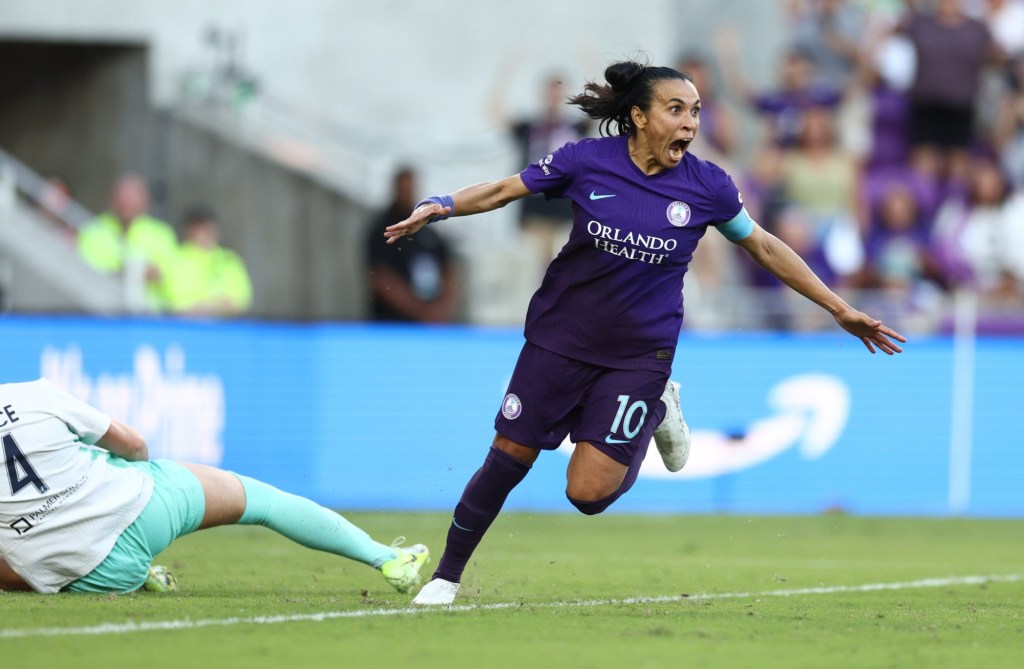
One of the biggest drivers of investor interest comes from the league’s recent record-breaking media deal. A year ago, league commissioner Jessica Berman announced a landmark, four-year, domestic-rights deal with CBS Sports, ESPN, Amazon Prime Video, and Scripps Sports. The $240 million media deal, announced as the largest ever for a women’s sports league, is 40 times bigger than the NWSL’s previous three-year, $4.5 million agreement with CBS.
With no significant rival product to draw viewers away, the league will likely increase its broadcast revenue after the deal ends in 2027. “We are setting the table for that next media-rights deal to be significantly more than this one,” KC Current president Raven Jemison tells FOS. “But it requires the work that’s going to happen in the next few years to say that we have a sound business model and the right eyeballs.”
So far, the league has a good chance of making it happen. According to the NWSL, more than seven million viewers have tuned in to league matches on Nielsen-rated national broadcast platforms through Week 13—a 95% increase from the 2023 season. The 2024 regular-season home opener drew 584,000 viewers on ABC for a rematch of the 2022 NWSL Championship between the KC Current and Portland Thorns FC. Overall, said Berman at a press conference on Friday, total regular season viewership is at 14 million, which represents 285% year-over-year growth.
The league is also seeing a surge in stadium attendance. In the final weekend of competition ahead of the playoffs, the league surpassed two million in regular-season attendance for the first time in league history. Angel City FC (22,000) and KC Current (11,500) sold out all their home games during the regular season. The Spirit had three back-to-back sellouts (19,000-plus fans), including last weekend’s semifinal against Gotham FC. In 2021, the Spirit sold only 3,919 tickets for the quarterfinal they played at home. The team is experiencing 33% attendance growth year over year.
“It’s widely acknowledged in the U.S., both within and outside the soccer community, that the NWSL is the best women’s league in the world,” says Schilling. “It’s leading people to believe this league could evolve into something akin to the NFL or NBA—a true world leader in its sport and division.”
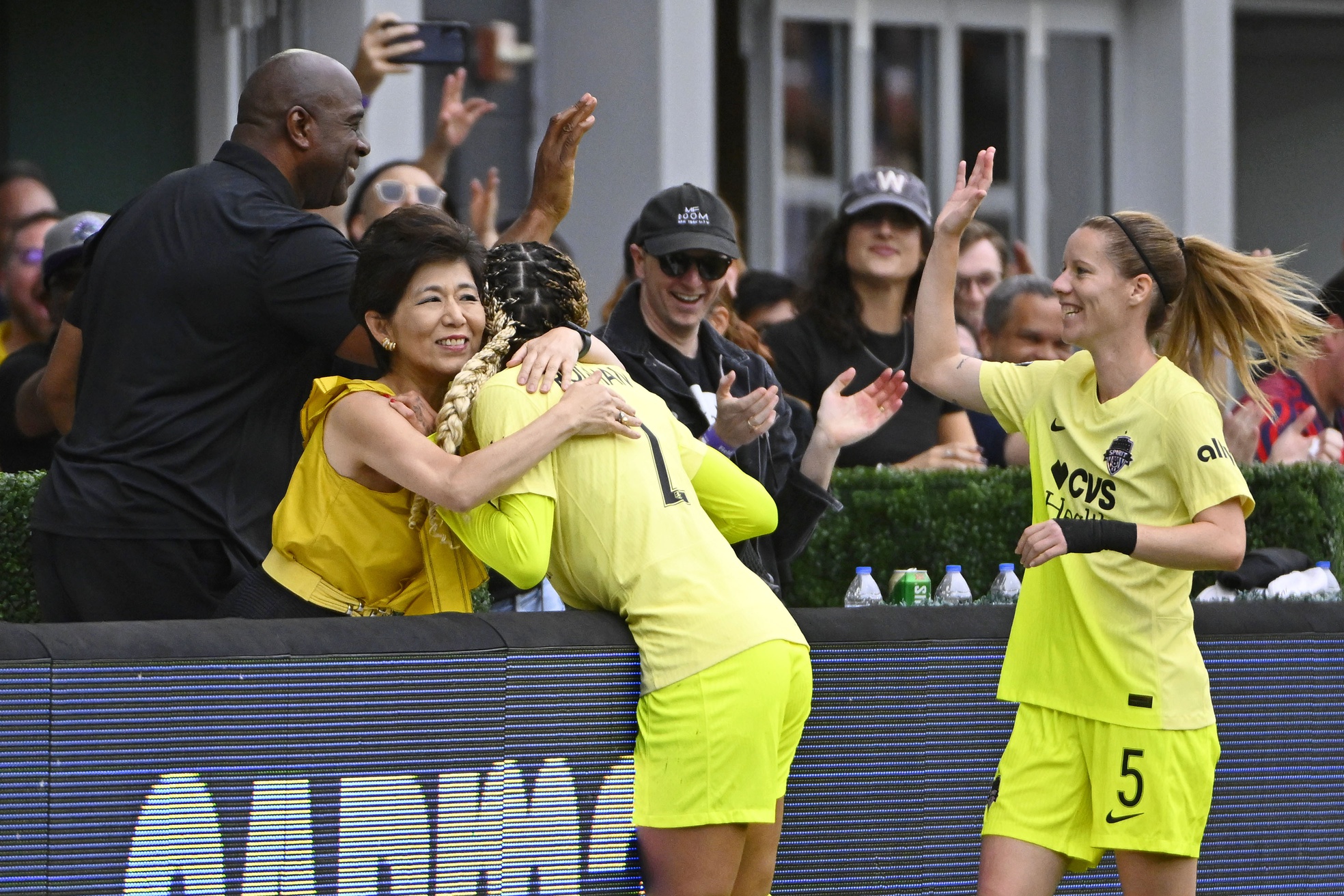






![[Subscription Customers Only] Jun 15, 2025; Seattle, Washington, USA; Botafogo owner John Textor inside the stadium before the match during a group stage match of the 2025 FIFA Club World Cup at Lumen Field.](https://frontofficesports.com/wp-content/uploads/2026/02/USATSI_26465842_168416386_lowres-scaled.jpg?quality=100&w=1024)
![[Subscription Customers Only] Jul 13, 2025; East Rutherford, New Jersey, USA; Chelsea FC midfielder Cole Palmer (10) celebrates winning the final of the 2025 FIFA Club World Cup at MetLife Stadium](https://frontofficesports.com/wp-content/uploads/2026/02/USATSI_26636703-scaled-e1770932227605.jpg?quality=100&w=1024)

![[US, Mexico & Canada customers only] Feb 6, 2026; Riyadh, SAUDI ARABIA; Jon Rahm in action during the third round of play at LIV Golf Riyadh at the Riyadh Golf Club.](https://frontofficesports.com/wp-content/uploads/2026/03/USATSI_28173562_168416386_lowres-scaled.jpg?quality=100&w=1024)
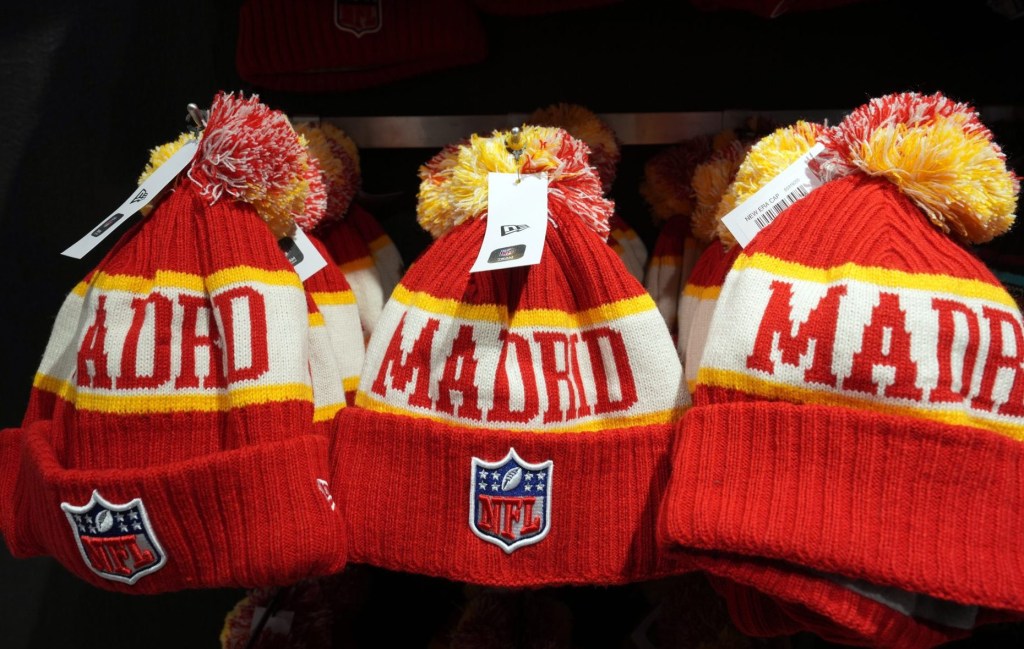


![[US, Mexico & Canada customers only] Sep 28, 2025; Bethpage, New York, USA; Team USA's Bryson DeChambeau reacts after hitting his approach on the 15th hole during the singles on the final day of competition for the Ryder Cup at Bethpage Black.](https://frontofficesports.com/wp-content/uploads/2026/03/USATSI_27197957_168416386_lowres-scaled.jpg?quality=100&w=1024)

